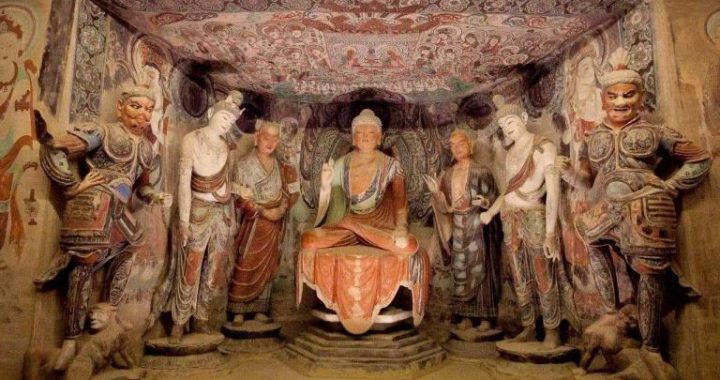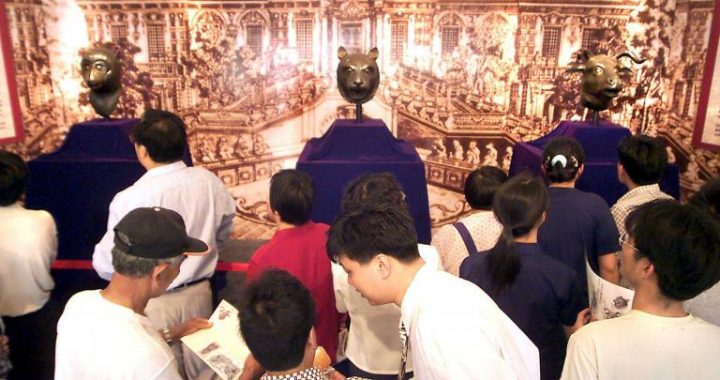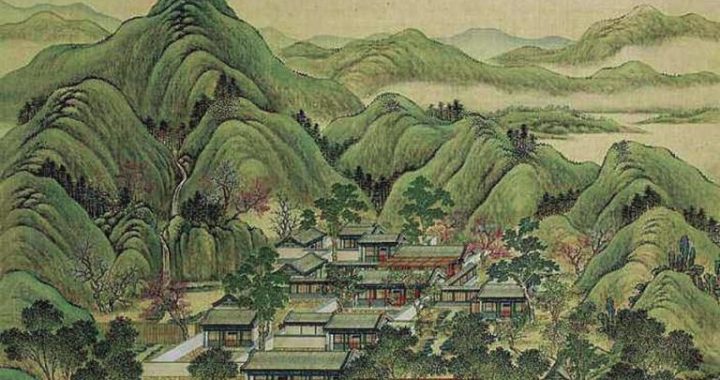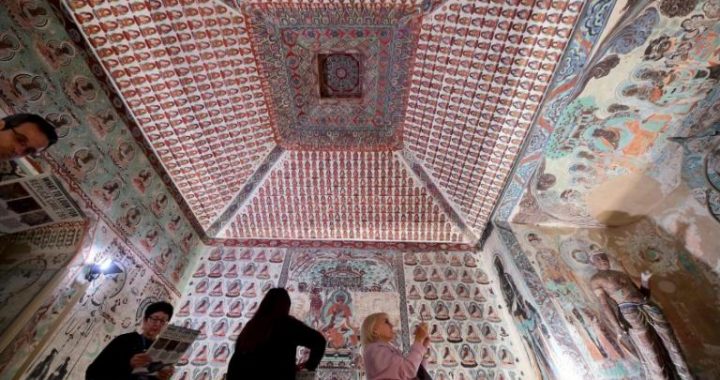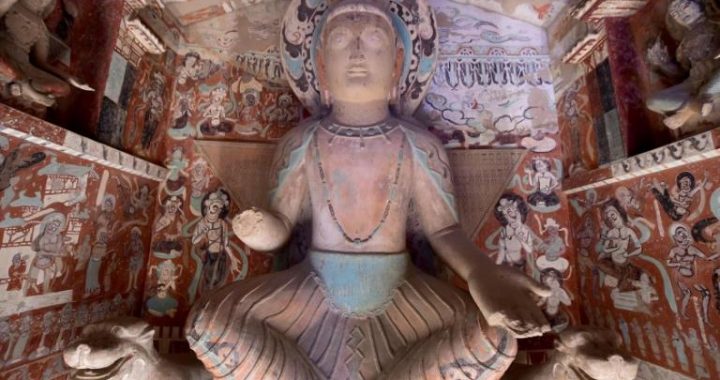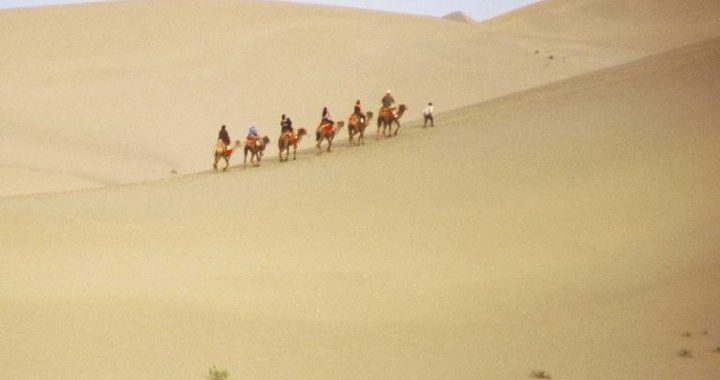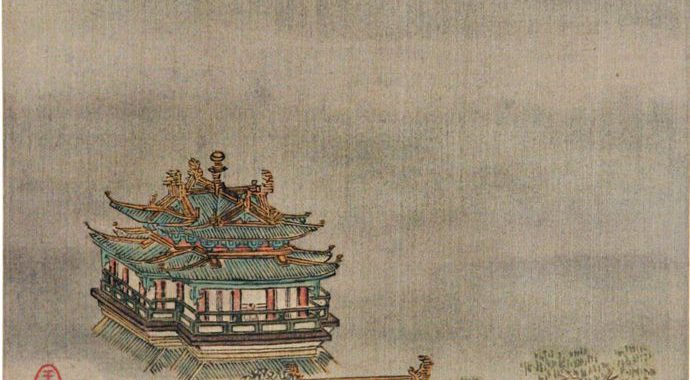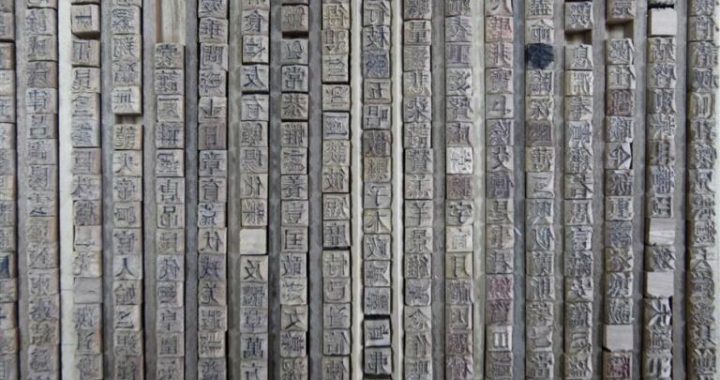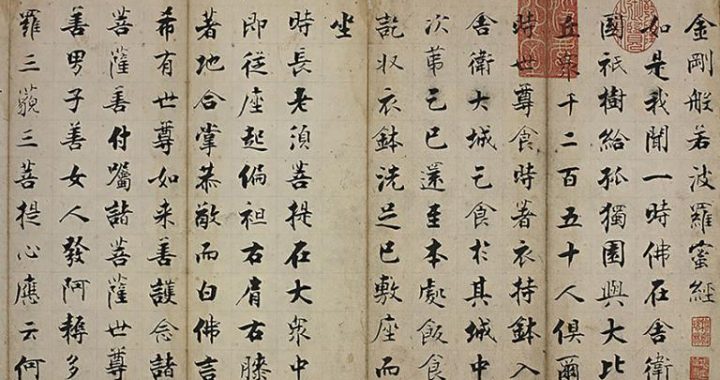Tale of Celestial Steed in Dunhuang
2 min readIn the reign of Emperor Wudi of the Han,a celestial stallion sprang out of the Wuwa pond and this was drummed up as a token of prosperity. In that time, accordingto Records of the Grand Historian and History of Han Dynasty, Bao Lizhang,a native of Nanyang, was set in exile in Dunhuang. He discovered that wild horses came to drink water at Wuwa pond, and some of them had extraordinarily build; therefore, hemanaged to capture one, claiming that they had come out of water, and presented itto the emperor, hoping for pardon or guerdon.
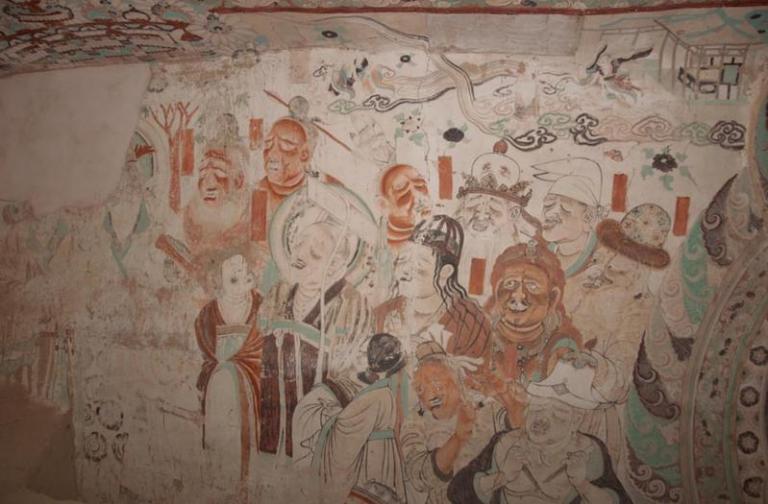
Sha Zhou Tu Jing (Pictorial Annal of the Prefecture of Shazhou) unearthed in the Library Cave of the Mogao Grottoes records that in the fourth year of Yuanding (113 BC) horses grow out of Shouchang Sea (alias Wuwa pond). Wuwa pond was in Dunhuang;a stele is erected at the Nanhu Dam(alias Huangshuiba Dam) in the outskirts of the city to mark its place.
At that time, Emperor Wudi of Han was engaged in opening up the Western Regionsand displaying the power of the Han, and he needed the assistance from both the mortal and the divine; therefore, he composed Ode to the Celestial Stallion for self-satisfaction:”Galloping ten thousand miles from the westernmost, the celestial stallion comes to Him who has virtue; Bearing divine power over other nations, it waded the drifting sand to conquer the barbarians.”And an imperial edict was issued:”The celestial stallion sprangs out of the Wuwa pond and it is I who ride it.”
Ode to the Celestial Stallion first of all gives prominence to the divinity of the horse to suggest the Heaven’s acceptance of the emperor himself while the vast territory of the Han empire is reflected by the ten thousand miles trip of the horse from the westernmost. The praise for the horse is intended to be a glorification of the empire. In the same period of time, good breeds from Wusun and Dayuan were also called celestial stallions. The emperor sent General Li Guangli on military expeditions against Dayuan, and one of his purposes was for such horses.
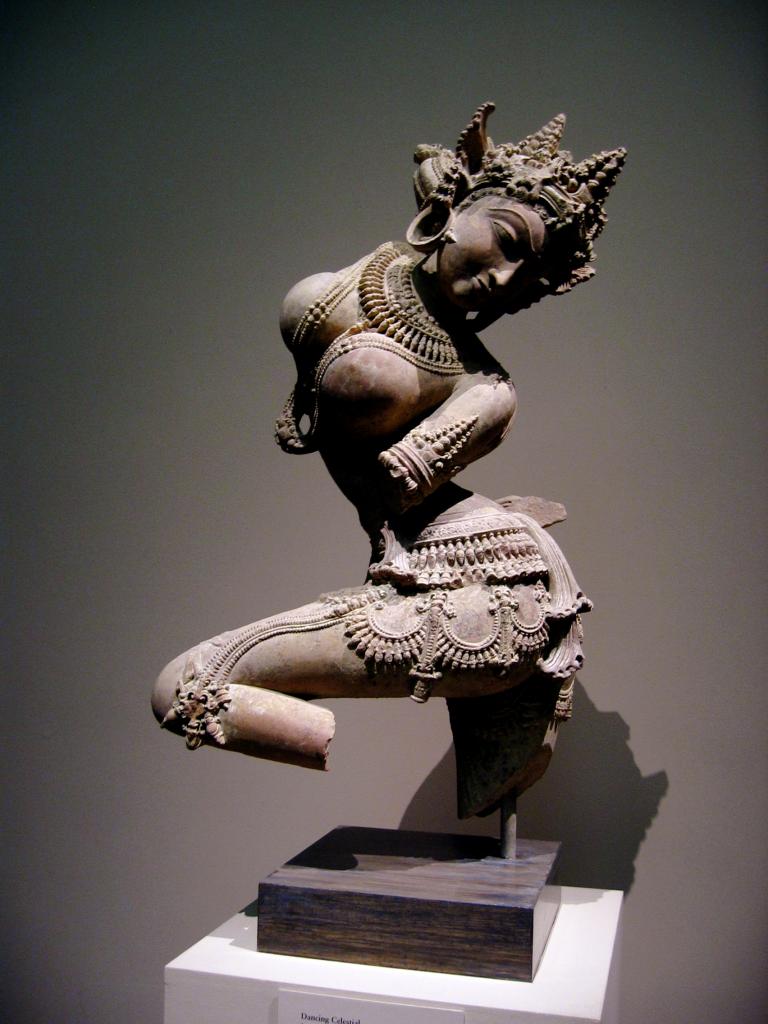
In the reign of Emperor Wudi of Han, besides Li Guangli, Zhang Qian was sent off to the Western Regions to open the Silk Road and General Huo Qubing was dispatched on military expeditions against the Xiongnu. These political and military events reflect the strength and amplitude of this kingdom of the Son of Heaven.
It is precisely in this period that Dunhuang, the important town on the ancient Silk Road, got its name: dun(“vast”) and huang (“brilliant”). After nearly 700 years’development from the Han via the Wei, Jin and Sui dynasties to the Tang, the economic and trade activities and cultural exchange in Dunhuang reached their prosperity, and the name was further interpreted as such to demonstrate the important role Dunhuang played in the development of the Western Regions.
